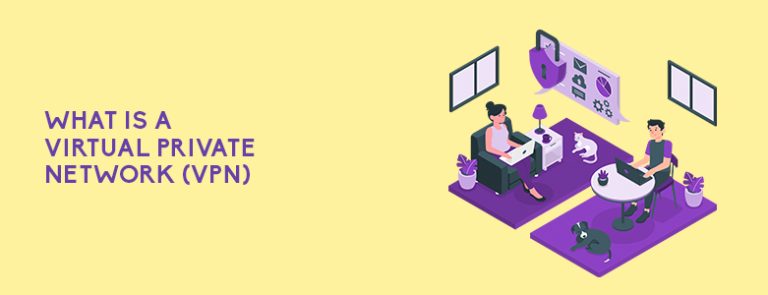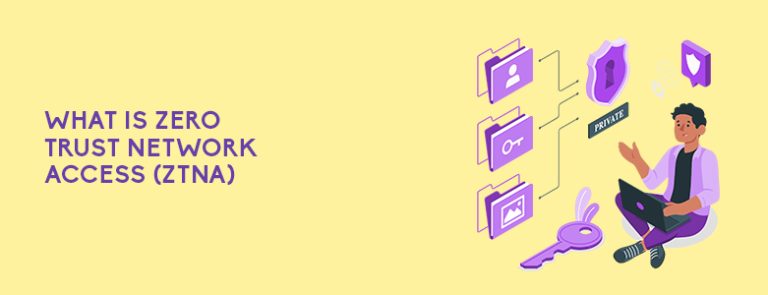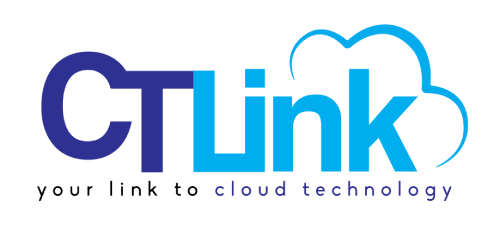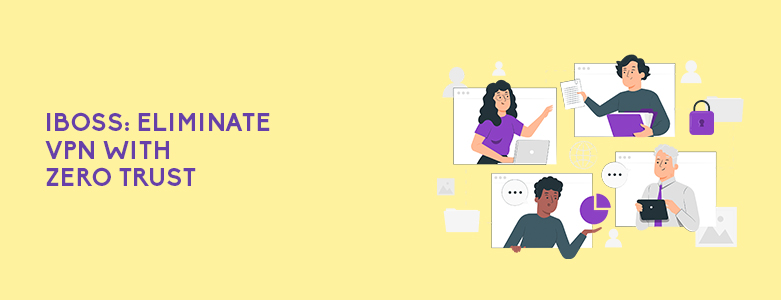With the prevalence of remote work setups, organizations needed to find a way to provide private access to their network’s resources to employees from any location. This way, they can maintain productivity while securing their business data. Both VPNs and ZTNA provide access to private resources, but more and more companies are opting for the latter. This article will discuss their differences, and why it’s beneficial to eliminate VPN with Zero Trust — specifically through the iboss ZTNA solution.
What Is A Virtual Private Network (VPN)

A virtual private network (VPN) is an Internet security service that creates an encrypted connection between user devices and one or more servers. It can securely connect a user to a company’s internal network or to the public internet.
By using a VPN, your remote employees can log in to the office network from anywhere, so they can have the resources to accomplish their tasks.
A VPN also acts as access control to authenticate users that have the required credentials. This means only verified individuals can gain access to sensitive files and information. Lastly, a VPN solution is also effective at securing business data from unwanted outsiders.
Despite these features, a VPN also has its limitations:
- Lacks granular security. Once a user is granted access to a network, they will have full access to the entire network. This can put your organization’s data and application at risk. If an outsider gets access to a remote worker’s VPN credentials, then that outsider will have access to all the data and applications on the network.
- Time-consuming and costly. VPNs are time-consuming and costly to maintain because you will need to install a VPN client on every remote employee’s computer and ensure that the software is updated.
What Is Zero Trust Network Access (ZTNA)

Zero Trust Network Access (ZTNA) uses the concept of “Zero Trust” security framework — “Never trust, always verify”. It assumes that users and devices, whether inside or outside the network, need to be authenticated, authorized, or validated before being granted access to applications and data.
More and more organizations are switching to ZTNA for remote work because of its benefits:
-
Improved access control and security. Like a VPN, ZTNA can also provide private access to resources for remote workers. A VPN assumes that users and devices that pass through the network perimeter controls can be trusted. But on the other hand, ZTNA assumes that no user or device can’t be trusted until proven otherwise. Access is granted based on the principle of the least privilege, which means that only the minimum permissions needed will be given, so a user can perform their role.
- Better user productivity. ZTNA is seamless and can work transparently in the background. Users don’t have to worry about setting up a connection. Additionally, ZTNA offers flexibility to Bring Your Own Devices.
- Reduced network complexity and cost. ZTNA can provide fast and direct-to-cloud access to your organization’s resources, improving performance and reducing network complexity and expenses.
iboss ZTNA Solution

If you’re interested in eliminating VPN connections and enjoying the productivity and security benefits of ZTNA, the iboss ZTNA solution will fit your needs. The iboss cloud platform is built for ZTNA, so you can allow employees to work from anywhere and access resources in the cloud.
By leveraging this solution, users will only be given access to specific cloud resources and applications instead of the full network. This access is granted based on identity and user context. By allowing users access to only specific resources and applications, you can reduce the risk of data loss.
The iboss ZTNA solution also eliminates the need for slow and overloaded VPN connections because the traffic is sent directly to the cloud resources and applications. It simplifies user connectivity because end users don’t need to privately connect to different private networks to have resources at their disposal.
This allows your organization to grant access to various resources located in different networks, branch offices, cloud providers, and regions from a central location.
Key Takeaway
VPNs have always been the go-to option when it comes to providing secure access to a distributed workforce. But with large-scale remote work or hybrid work likely becoming the norm even after the pandemic, ZTNA has been gaining more support. It can provide an improved user experience to remote workers while securing your organization’s data and applications.
If you want to eliminate VPN with zero trust network access, you will benefit from the iboss cloud platform. It’s natively built for ZTNA, so you can allow your employees to work from anywhere with a secure connection to your organization’s resources. If you’re interested, you can send us a message here at CT Link.

